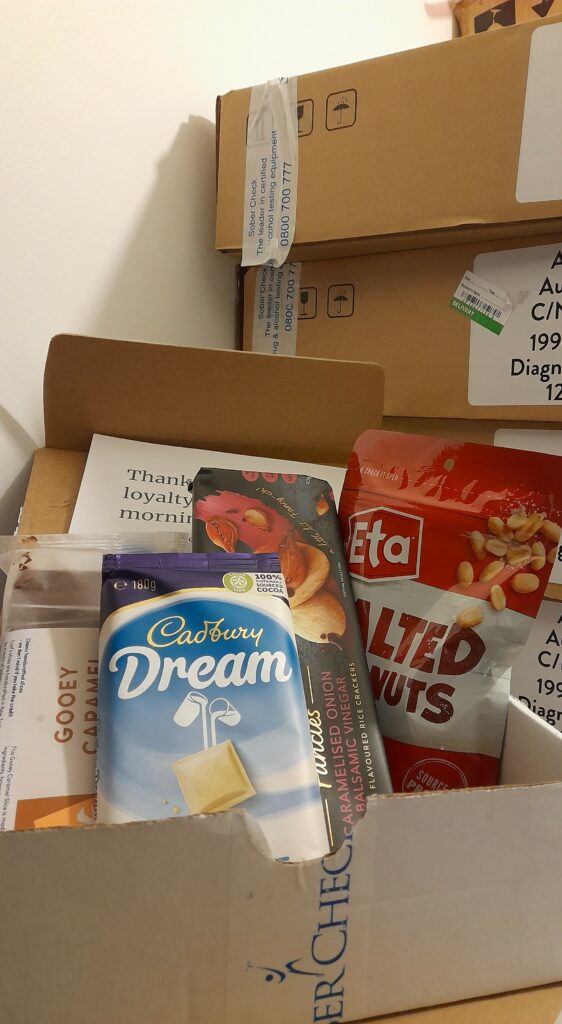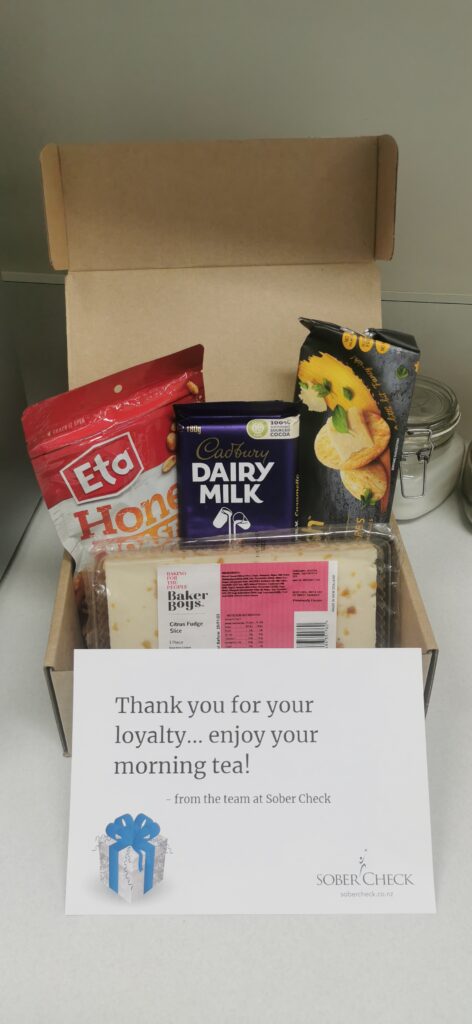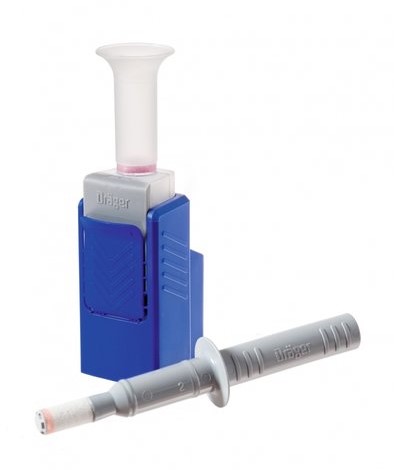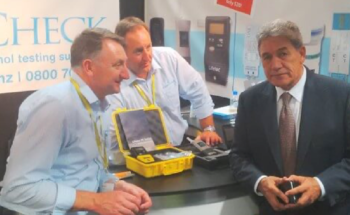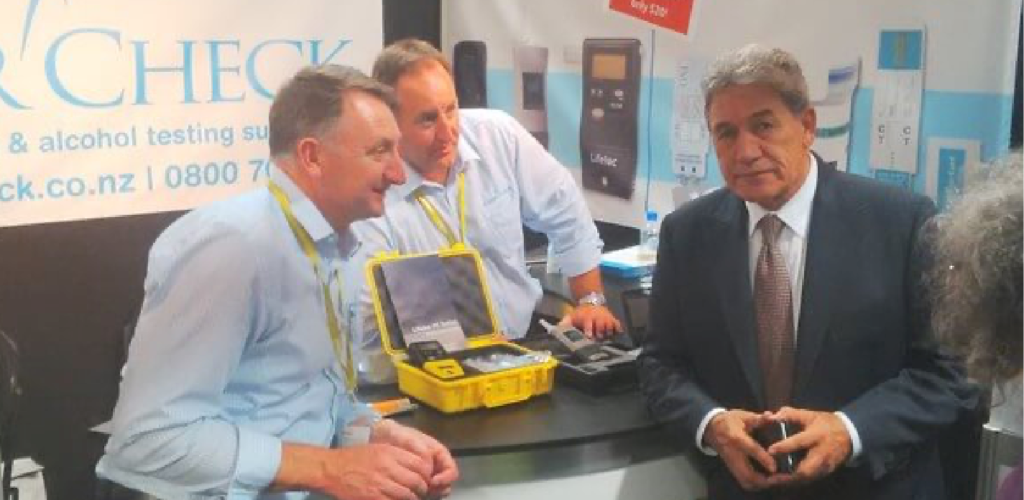About COVID-19 Rapid Antigen Tests
Rapid antigen testing is quick, easy and painless.
Workplaces can quickly test employees for COVID-19, with results within 10 minutes.
This offers a wealth of benefits in addition to standard PCR testing. This is due to the comfort and ease of rapid antigen testing versus the discomfort and time taken in PCR testing.
These tests are unquestionably becoming an effective tool in workplace safety, as part of New Zealand’s continual endeavours against COVID-19.
After undergoing a test in front of a qualified tester, results will come through within a few minutes. In the case of a negative result, the employee or test subject will continue work as usual. With a positive result, the employee can take immediate action by alerting the proper authorities and, above all, moving onto a PCR test.
Rapid antigen testing serves as another layer of protection on top of the current method of PCR testing. It also reduces testing discomfort and delays for all but those who test positive.
Buy COVID-19 Rapid Antigen Tests from Sober Check
Sober Check offers the CareStart COVID-19 Rapid Antigen Test for all businesses who have a valid New Zealand Business Number, which provides access to the new and improved method of testing.
These tests have been Ministry of Health approved under notice 2021-GO5425, which falls under the COVID-19 Public Health Response (Point-of-care Tests) Order 2021.
There aren’t many options for those looking to purchase tests on a scale to cover a whole workplace. However, for those looking to buy rapid antigen tests in NZ, look at Sober Check’s Pantonic CareStart tests. These come in packs of 20, perfectly suited to employers who are looking to quickly and easily test all employees of their business.
To buy rapid antigen tests in NZ, see below.
From Pharmacies for Domestic Travel
Rapid antigen tests are currently available from many pharmacies and medical centres. In addition, they are free for unvaccinated people travelling in New Zealand.
Contact your local pharmacy to see if they offer this service.
Pharmacies supervise these tests, which mean they are not practical for workplace testing.
PCR Tests for International Travel
Despite the advantages of rapid antigen testing, international travellers may still require a PCR test before flying. Find where you can get tested in NZ on the Ministry of Health website.
